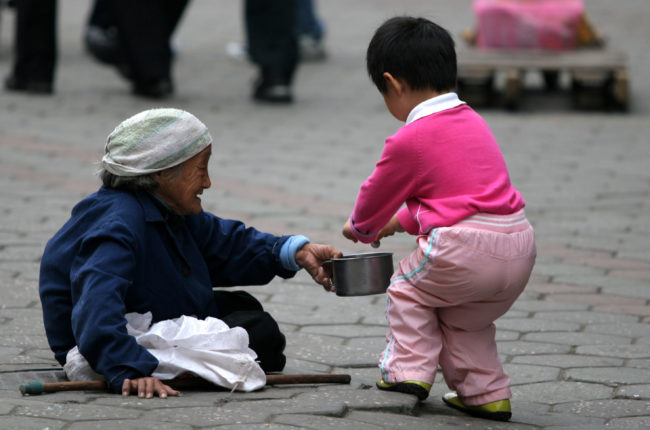I feel sad and misunderstood among family and friends who dismiss my deep despair over the genocide in Gaza.
Several friends are down in the dumps over their disconnections with adult children, who hold grudges against them, or who simply don’t make time for them.

A conflicted mother and her adult daughter
Thousands of Americans are angry over Trump’s cuts to essential living benefits, education, and vital outreach programs.
Lonely Americans, particularly older women and men, feel disconnected.

Immigrants, trans individuals, and minority groups feel disconnected through Trump’s harsh cuts to DEI (Diversity, Equity and Inclusion) initiatives. Students protesting for Palestine are frightened as Trump’s administration singles them out for deportation.
If you’re missing meaningful connections:
Find your tribe or people who share your concerns. For me, it has meant seeking others deeply troubled by Israel’s genocide and standing with them in protest actions.
Across the country those angry over Trump’s deep cuts to long-standing medical and social benefits took to the streets last weekend in large protest marches.

On April 5th, “Hands Off” actions, like this one in Austin, Texas, occurred across the country.
Participating in meaningful resistance leads to connections that dispel feelings of disconnection, while offering hope.
If you’re among those older adults in conflictual relationships with adult children, find a support group focused on helping individuals estranged from their adult children. You’ll feel less alone while learning new responses for managing your conflict.
Most communities offer free and inexpensive programs that provide social connections: check out your library, church or synagogue, and/or join a community garden.

A community garden
Explore volunteer opportunities. Volunteering helps build both personal and communal connections.
Volunteer opportunities include: walking dogs at your animal shelter, ushering at your community theater, if you’re an elder, becoming a foster grandparent. Lend a hand to organizations serving those in need: soup kitchens, programs for migrants, women experiencing domestic violence, The volunteer list is endless, once you start to explore the possibilities.

Volunteering at a soup kitchen
Join a group exercise class, like Pilates or a swimming class. Exercise keeps you fit, increases your energy level, and offers a space for making new friends.
Join a hiking group
Consider an art or photography class to expand your creative side and make new friends.
To feel calmer and more positive:
Practice daily affirmations. Meditate to settle your mind. If meditation is new to you, try a meditation app like Calm.

Take regular walks, which release endorphins and keep you fit.
Practice random acts of kindness towards others, creating connections that enlarge your heart.

Cut back on your computer time where you replace cyber communities with those in real time, circling back to volunteer opportunities.
Enlarge your online time where, in addition to Instagram and Facebook, you include news sources new to you to enlarge your perspective. If your sole source of information is the local paper or The New York Times, check out alternatives like Democracy Now and podcasts like Useful Idiots. Understanding different points of view allows you to deepen your connections to national and global politics.

Amy Goodman, host of Democracy Now, which airs five days a week
A surefire way to beat back loneliness is to muster your courage and host social gatherings in your home. You don’t have to hold lavish dinner parties, simply invite a few friends in for tea and then move into larger gatherings like potluck dinners, and book clubs. To make hosting less intimidating, invite a friend to be your co-host.

Taking new steps to connect is often accompanied by trepidation. For inspiration, follow the words of Eleanor Roosevelt, “Try to do something every day that scares you.” That ‘something’ can be as small as saying ‘hello’ to strangers you pass on the street.








